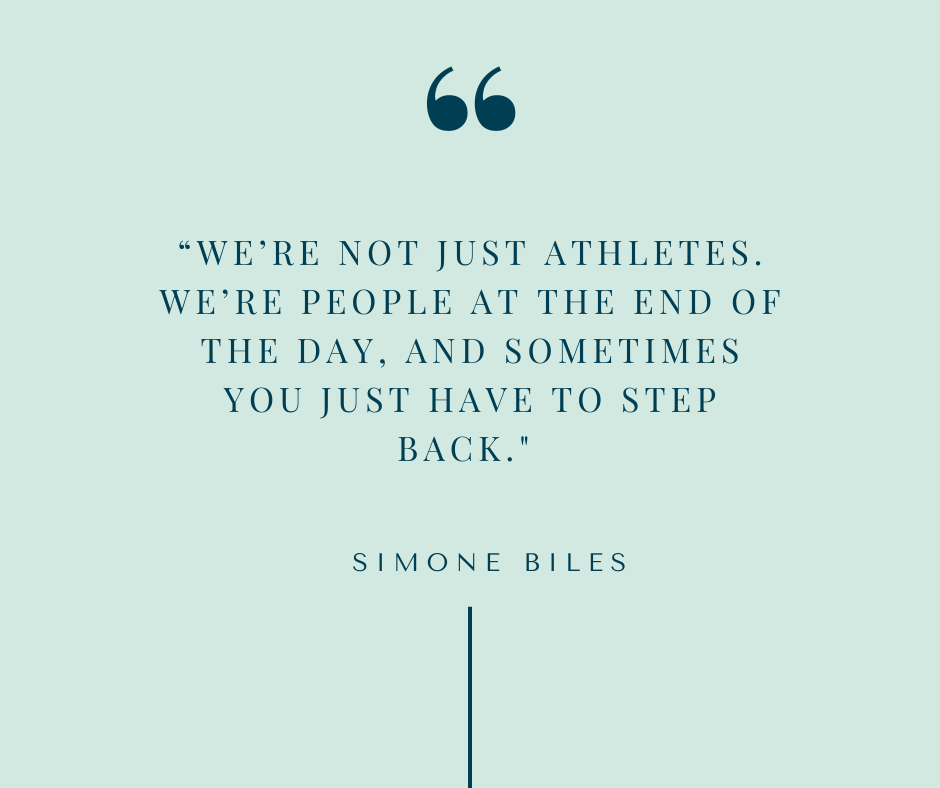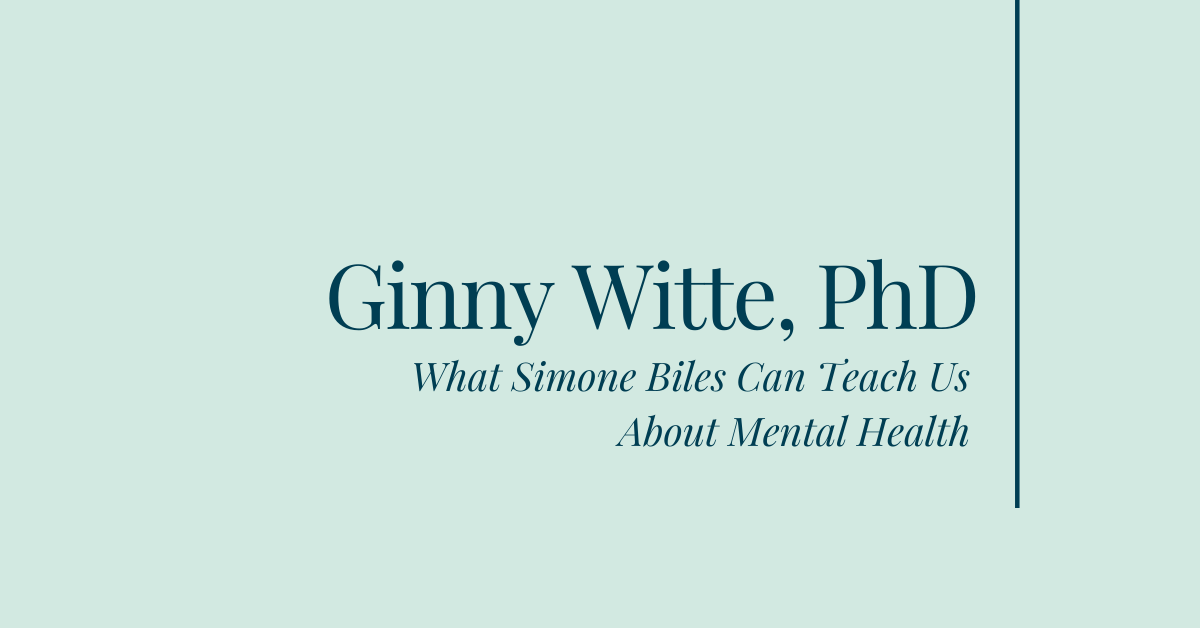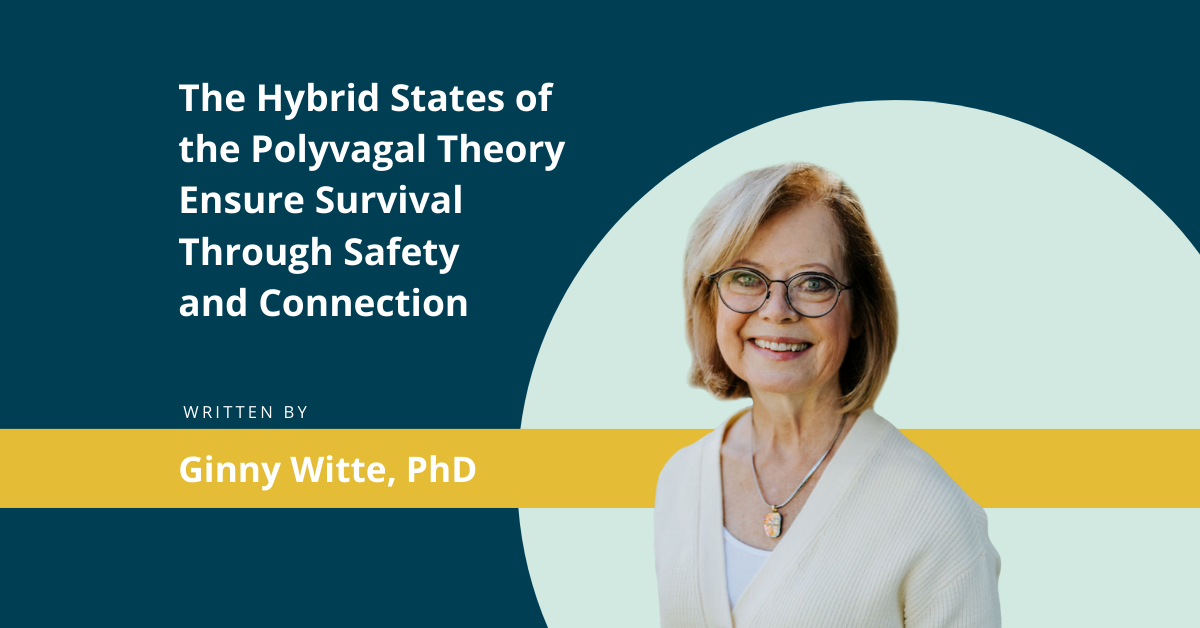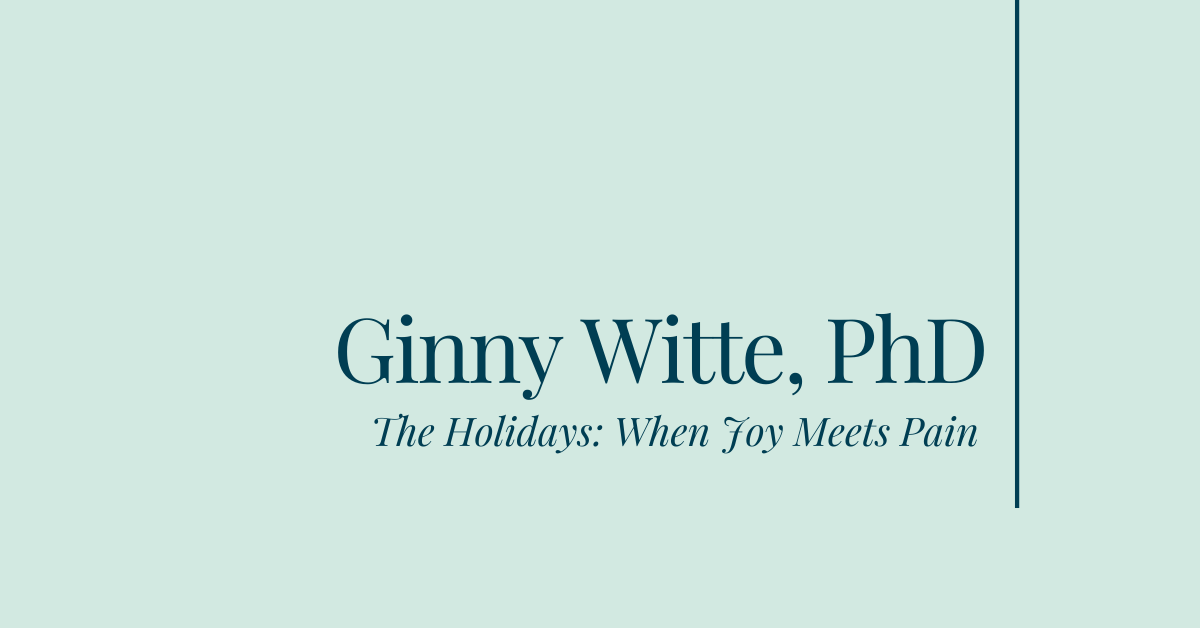KEY POINTS
- Taking care of our mental health needs to be a priority
- Mental health care requires being aware, grounded, and regulated
- Sometimes we need to pull back and take care of ourselves
- Support helps

During the Tokyo Olympics, Simone Biles took a step back. With years of intense practice, she had perfected her every move. She is the most decorated gymnast of all time. Yet at the onset of the Tokyo Olympics, she pulled away. Her reason was mental health.
We push hard
We have become a nation of people who push hard, expect a lot, and have little time to renew our mind, body, or soul, until something breaks. While some critics think Biles should have pushed through, she may have shown more strength by pulling back.
Biles experienced what gymnasts call the ‘twisties’ during her vault practice. Twisties is a term for the lack of awareness of where your body is in space as you are twisting and flipping in the air, a combination of proprioception and kinesthesia. For a gymnast, this can be fatal. Every second counts. Gymnasts are often moving at such a high speed that they cannot see where they are, they must rely on their proprioception, or the special receptors our bodies use to tell us where we are in space.

Gymnasts must also coordinate their muscles and joints to perfectly orchestrate the planned movements. Sometimes, there is a disconnect, and the gymnast loses this awareness for a short period of time and cannot tell where they are. When Biles had her second experience with twisties at the Tokyo Olympics, she decided to pull out and avoid a serious injury.

Trauma can be a disconnect
When you live with trauma there is also a disconnect between the present and a past experience. When triggered, you experience the past traumatic event as though it were occurring in the present moment. People around you will not know why you react as you do, but your body does.
Being grounded
One of the first things you can notice about Biles as a gymnast is how ‘grounded’ she is in her performances. She lands with confidence. She lands with precision. She knows where she stands, and she knows where to land! But Biles is also grounded as a person and in life. She knows who she is, her purpose, and goals. She knows her abilities and limitations. And she knew where she wanted to land. Until she experienced the twisties.
Grounding helps us when the waves of life hit. Imagine standing in a large lake. It is a wonderful feeling when the lake is calm, the sun is shining, and we can absorb the beauty and peace of the moment. But we all know, the waves come and go. When the small waves come, we barely notice them. As the waves increase, our attention to our surroundings decreases.

We become increasingly focused on staying upright. If we’re not careful, if we’re not grounded, the waves may knock us over. The point is to walk out of the water before these waves become too much for us and suddenly knock us down. The same is true with the waves of life. We need to know when the waves are too big so we can return to safety and a place of being grounded.
Awareness
Biles was aware she was experiencing the twisties and she knew the dangers. Fortunately, training to be a gymnast facilitates the skill of being aware of what is happening inside and outside of the body. Most of us have to cultivate this skill. How often are you aware when something is just not quite right, or when the stresses of life begin to be too much?

The need to regulate
Next came a very difficult choice for Biles. She could ignore the disconnect she was experiencing, push through it, or pull out and work to reconnect her brain and body. Society often tells us to push through but Biles made the brave choice to work on her mental health. She needed to regulate herself and she began by going back to the basics.
Even though Biles had practiced her moves hundreds of times, and had strong muscle memory, she could not access the automaticity needed to successfully perform the movements. At this point, it may be speculation as to what is occurring in the brain and body that causes the disconnect of information but we do know this is a critical moment for a gymnast.
Mental Health
Mental health affects all of our being. It affects how we think, how we feel and how we behave. It affects our relationships, our ability to learn, and to work. Mental health affects our health and well-being. Taking care of our mental health is just as important, maybe more important than taking care of our physical health.
With such a heavy load, mental health needs to be a priority.
For Biles it was. She knew that to perform her best, and to perform safely, she needed to be not only physically strong, but mentally healthy and strong. Because Biles took the time to work on her mental health, we got to see her perform again. She returned to the individual completion to complete a beam routine and came home with a bronze medal!
What can we learn from Simone Biles? Well, mental health is important. Sometimes we need to step away and take care of our mental health. Our well being affects not only ourselves but those close to us and those we work with. Biles intention was not to quit, but to regain the mental well being needed to meet the demands of the performance. Yet, she did not do this alone.

Her teammates supported her. Her coach supported and worked with her. And the Japanese provided a place where she could focus, return to the basics, and connect her mental and physical processes to work together. But most of all, Bile’s ability to know when to go, and when to slow, may be an asset that helps her perform at her best.
A message for those who live with trauma
Be aware of your emotional, mental, and physical state. Know what it feels like to flow through your day with ease and know what it feels like when things get tough. When I get overloaded with stress I tend to forget things. Where did I put my keys? My phone? What was the last item on my grocery list? These are cues for me to take a step back.
Find what grounds you, relaxes you, or releases the stress. It may be a friend. For me it is a walk on the beach, a good book, or cooking a meal from scratch. Remind yourself of what you do well and have compassion for yourself. Being overloaded or triggered in trauma does not make you a failure or a bad person. Your body is doing just what it is designed to do. It is reminding you to pause, relax, refuel and redirect.
Return to what you know. This might be taking a walk, or working on a hobby. It might be changing work priorities or focusing on the work you know and do well, then building from there. Be brave and take care of your mental health.
If you would like more information or a presentation for your group, please contact me at hello@ginnywittephd.com
Resources
Hines, R. (2021). “First time I felt human”: Simone Biles gets honest about what happened at the Olympics. https://www.today.com/news/simone-biles-gets-candid-about-what-happened-olympics-t229382?cid=sm_npd_td_fb_kh&fbclid=IwAR2eNKWTEoZnXO-3TC165Ep5GNIwYO3eYsp_A9gzHLtn-tqWng_PtC-IDew
Travis, E. (2021, July 28). 9 quotes from Simone Biles about why mental health matters more than medals. https://www.bustle.com/entertainment/simone-biles-quotes-olympics-mental-health
What is Mental Health (2020). https://www.mentalhealth.gov/basics/what-is-mental-health




